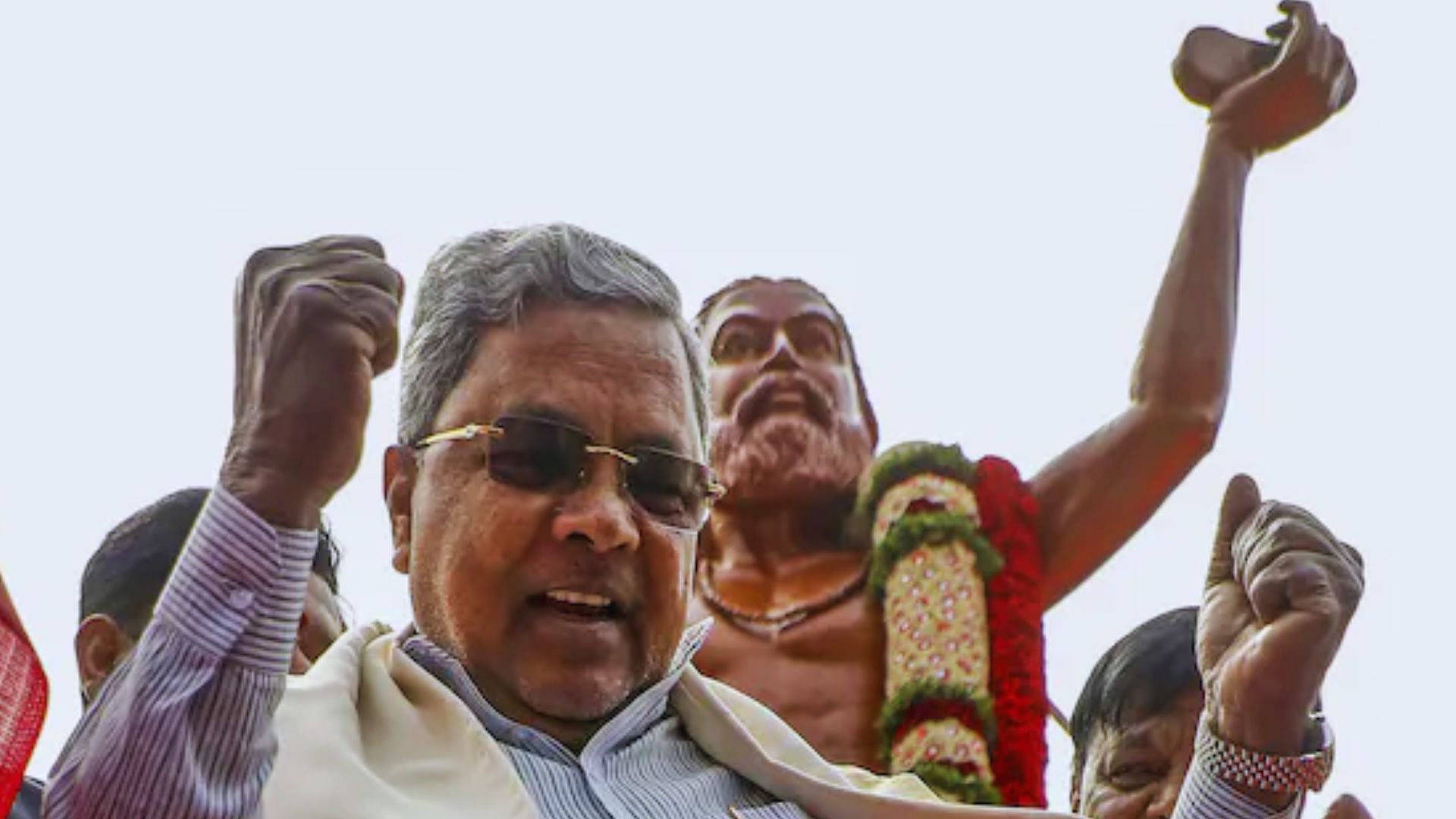 |
|
The recent Karnataka by-elections have delivered a resounding victory for the Congress party, securing all three contested seats and offering a much-needed boost to Chief Minister Siddaramaiah. The results represent a significant setback for the National Democratic Alliance (NDA), which had launched a concerted campaign focusing on allegations of corruption and appeasement politics against the Congress. The outcome suggests a deeper level of political resilience for the Congress in the state, despite the NDA's aggressive campaign strategy. The victories underscore the complexities of Karnataka's political landscape and the limitations of solely relying on negative campaigning to sway voters. Further analysis is needed to fully understand the underlying reasons behind the Congress' success, but the results undeniably represent a crucial turning point in the state's political trajectory. The margins of victory, particularly in Channapatna and Shiggaon, highlight the strength of Congress' local organizational efforts and candidate appeal.
The Channapatna victory is particularly noteworthy, as it involved the defeat of Nikhil Kumaraswamy, son of Union Minister HD Kumaraswamy, a prominent figure within the Janata Dal (Secular) party (JD(S)). This represents Nikhil Kumaraswamy's third electoral defeat in a row, highlighting the challenges faced by the JD(S) in maintaining its political influence. The substantial margin of victory for CP Yogeeshwara, the Congress candidate, points towards a potential shift in voter sentiment within the constituency, favoring the Congress party. This victory also underscores the strategic implications of intra-coalition dynamics within the state's diverse political landscape, affecting not only the Congress and the JD(S), but also the broader political balance of power. The significance of this victory extends beyond Channapatna itself, potentially impacting future electoral strategies for both the Congress and the JD(S).
The defeat of Basavaraj Bommai's son, Bharath Bommai, in Shiggaon is another significant development. The contest was viewed as a high-stakes battle, given Basavaraj Bommai's stature as a former Chief Minister and the perceived importance of the constituency for the BJP. The loss to Yasir Ahmed Khan Pathan, the Congress candidate, not only represents a personal setback for the Bommai family but also weakens the BJP's position in the region. This result points to the effectiveness of the Congress campaign in the constituency, showcasing their ability to overcome strong incumbency advantages and effectively counter the narrative set by the BJP's campaign. The defeat signifies a larger challenge for the BJP in retaining its voter base in regions that were once considered strongholds, prompting a re-evaluation of their electoral strategies and a reassessment of local support networks.
Finally, the victory in Sandur, a reserved constituency with a long history of Congress dominance, further solidifies the party's position. The win for E Annapoorna, wife of Congress MP E Tukaram, highlights the continued loyalty and support enjoyed by the party in the region, even after periods of opposition dominance. This underscores the importance of strong local organizational networks and sustained community engagement in maintaining long-term electoral success. The win demonstrates Congress's ability to hold onto its traditional strongholds while also expanding its reach, suggesting a solid foundation for future electoral battles. The relatively comfortable margin of victory reflects a certain level of voter certainty in choosing the Congress candidate, possibly indicating the limitations of the opposition's campaign message in resonating with the local electorate.
In conclusion, the Karnataka by-election results offer a valuable insight into the evolving political dynamics of the state. The decisive victory for Congress, including significant wins in constituencies considered strongholds by the opposition parties, points towards a potential shift in voter preferences. These results have significant implications for the upcoming state legislative assembly elections and may trigger a reassessment of political strategies across the political spectrum. The successes of the Congress candidates, particularly against prominent figures from opposing parties, highlight their ability to effectively mobilize support and resonate with local concerns. The outcome strongly suggests the need for a more nuanced understanding of the Karnataka political landscape, beyond simple narratives of corruption and appeasement. The Congress' success calls for a deeper analysis of the prevailing sentiments among the electorate, which goes beyond simplistic campaign slogans and necessitates a comprehensive understanding of the issues shaping voters' choices.
Source: 3:0 in Karnataka Bypolls Will Come as a Huge Relief to Siddaramaiah
